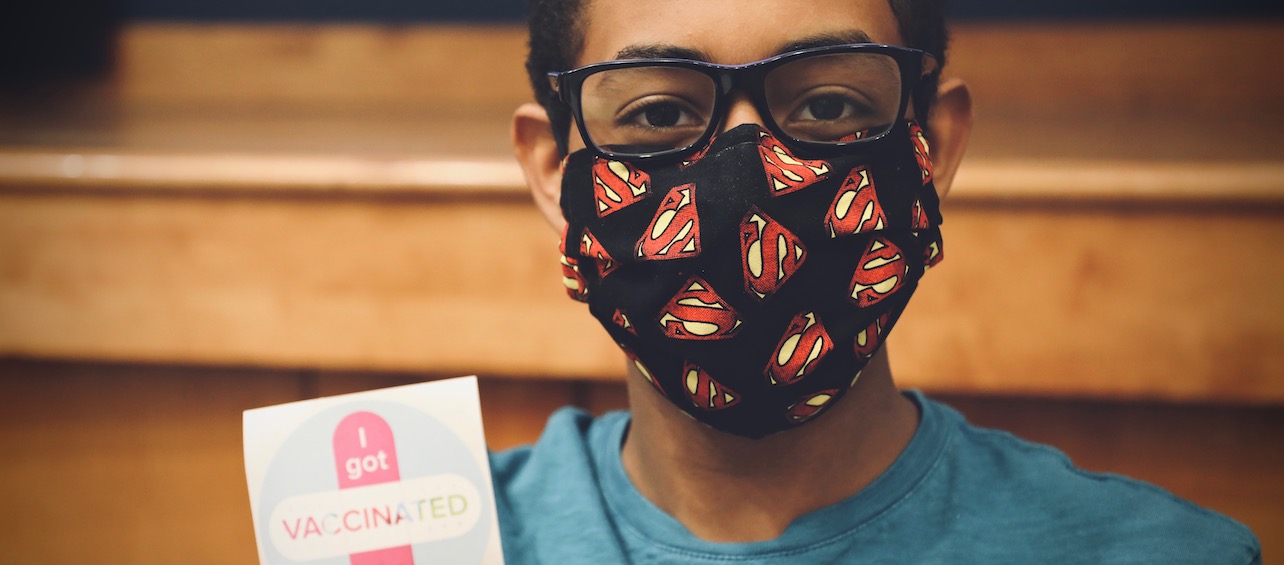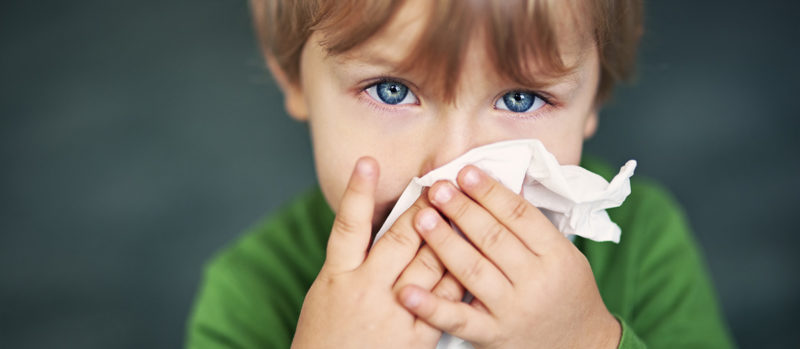Each influenza season is different from the last because the viruses that circulate change from year to year and immunity from season to season is not long lasting. Vaccines are prepared each year based on predictions and mathematical models of strains likely to circulate during the flu season. How well the vaccine strains match with the viruses causing infection each year in the U.S. is never known until the season begins. However, even when the match is poor, some cross protection is afforded to lessen the severity of illness.
Because we’ve received an influx of questions related to this year’s flu, we thought our readers might find it helpful to have answers to some of the most commonly asked questions:
Q: What’s different about this flu season as compared to other flu seasons?
A: Early reports have shown that influenza A H3N2 is the dominant strain this year. Based on early reports from the CDC, a little more than half of the H3N2 viruses circulating are not well matched to the strain in the U.S. vaccine.
Q: Is the flu vaccine still effective, even though it does not include H3N2?
A: Even though this year’s flu shot does not include H3N2, it can still offer some protection against the illness, including potentially a reduction in severity such as hospitalization or even death in some rare cases.
Q: Is Cincinnati seeing more flu cases than normal?
A: Influenza activity in the Greater Cincinnati area has increased steadily over the past couple weeks and significantly increased last week. We generally begin seeing influenza after Thanksgiving. December is actually a peak month for influenza 1 in every 5 years. Influenza peaks most commonly in February.
Q: What is Cincinnati Children’s doing to protect patients from the flu?
A: Cincinnati Children’s requires all staff to be immunized against influenza. In addition, there is a very active immunization program for our high-risk patients. We also offer free vaccine, especially for families with children who have long hospital stays for serious illnesses. In addition, when respiratory pathogens, including influenza are widespread in the community, we restrict visitors in an attempt to keep kids form catching the flu while hospitalized and extending their stay with us. Those visitor restrictions officially begin December 10 because of flu activity in the community.
Q: Is it too late to get the flu shot?
A: No, it’s not too late to get the flu shot. The flu season runs from December through April. Getting vaccinated not only reduces your risk, but it reduces the risk of those around you from becoming seriously ill as well.
Q: What can families do to prevent the flu in their household?
A: Every member of your family, including caregivers, should receive the influenza vaccine. On top of that, there are every day precautions that families can take, such as washing hands with soap and water or using hand sanitizers often, covering your coughs and sneezes with your arm, and avoiding contact with sick people. If your child does develop the flu, it’s important for you to keep him or her home for at least 24 hours after the fever is gone to minimize exposure to others.
Q: When should I call my child’s doctor if I think my child has the flu?
A: You should call your child’s doctor anytime you are concerned that he or she is sicker than you feel comfortable caring for without advice. Most children will be sick for a couple days with influenza. Acetaminophen or ibuprofen can be used for comfort and fever control. Keeping children well hydrated is very important. Avoid all aspirin containing products when caring for children with influenza. Call your doctor about other treatment options.






I can confirm Dr Connelly’s notes re: shortfalls of this years vaccine. My wife and me both got the vaccine this year per our OBGYN recommendation. However, she now has been confirmed to have the Influenza-A strain.
Fever, coughing, chills – other bad stuff. 101 fever and I cant imagine our baby enjoys the microwave.
CDC fell short this year – heard the excuses, but they are just that. Hopefully they will course correct next year.